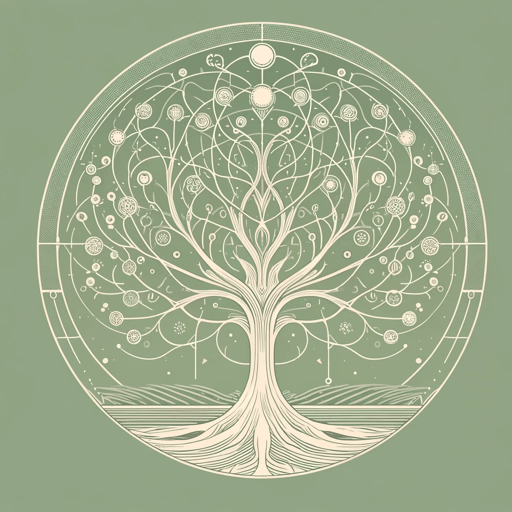86 pages • 2 hours read
Edith HamiltonMythology: Timeless Tales of Gods and Heroes
Nonfiction | Book | Adult | Published in 1942A modern alternative to SparkNotes and CliffsNotes, SuperSummary offers high-quality Study Guides with detailed chapter summaries and analysis of major themes, characters, and more.
Themes
Defining Western Civilization
A driving influence on Hamilton’s interpretation of myths across Mythology is a particular vision of Western civilization. It is progressive, moving beyond irrational, “primitive” beliefs. It is secular and human centered. It focuses attention and power squarely in the hands of real-life human beings rather than looking skyward for divine motives and intentions. The ancient Greeks “began” this forward motion with a bang with the “Greek miracle,” and this progress continued, gradually transforming the sacred myths of Homer and Hesiod’s time to entertaining stories that could be spun into beautiful literary works like Virgil’s. Hamilton’s vision of Western civilization reflects beliefs of her time; today, its defining characteristics continue to be debated. Those debates aside, as an interpretive framework for approaching myths, Hamilton’s formulation presents numerous challenges, some that she seems aware of and others that she does not.
First is that she fails to account for considerable socio-political shifts from Archaic and Classical Greece to the Hellenistic Empires to the Roman Empire. Despite acknowledging that they come from different times, she does not account for their discrete contexts. Socio-political shifts transformed the way society was organized; for example, the Ptolemaic dynasty in Alexandra sought to craft an identity for the city that incorporated both immigrant Greek speakers’ various cultures and those of the indigenous population.


